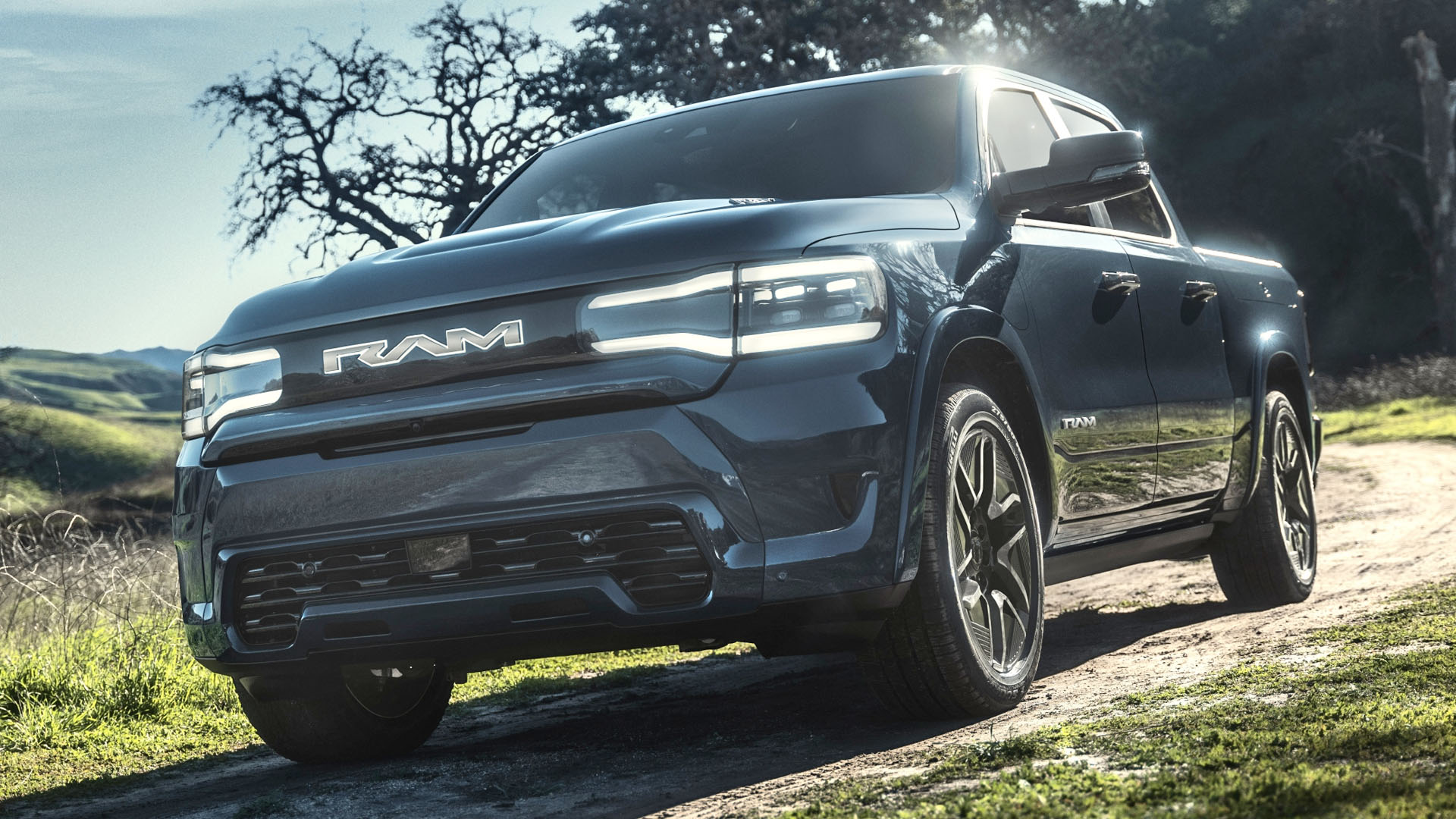

Lots of automakers have ambitious goals for electrifying their lineups without a clear roadmap for how that will work. Stellantis, one of the world’s largest automakers, definitely plans to follow suit but perhaps not as aggressively as its competitors. The company’s CEO, Carlos Tavares, is an open critic of the policies of various governing bodies—notably the EU, which is pressing electrification. Now, as the Detroit News reports, he says it’s not even clear whether there will be enough lithium to power this revolution.
In a roundtable at the Freedom of Mobility Forum, Tavares cast a skeptical light on the idea of transitioning the billion-plus cars on the road today to run on batteries alone. The executive recognized the need to transition to clean mobility but said in the same breath that global lithium stocks “may not be enough,” to do so and that the “concentration of the mining of lithium may create other geopolitical issues.”

Tavares’ claims are not without merit. Automakers, especially those who exclusively build EVs or have their sights on rapid electrification, have struggled to source not only battery cells but the raw materials to produce them. General Motors has been scrambling for lithium to feed its new cell plant in Ohio, going as far as to attend mining conferences with the likes of Tesla. Other automakers such as Ford, Hyundai, and Rivian have also had to cut costs via layoffs or increase prices to account for an inflated price of battery materials.
Automakers outside of the United States are not taking the stipulations of the new EV tax credit lightly either. Many have issues with the way the idea that batteries must be made in North America or in a nation that is effectively friendly with the United States. For those who source batteries or raw materials to make them from China—a lot of automakers—it’s a big problem.
Cracks have also formed in the European Union’s approach to regulating cars’ tailpipe emissions. Under pressure from several influential nations in the EU, internal combustion engines will not face an outright ban by the year 2035. They can continue running on sustainable e-fuels.
None of this is to say Tavares’ words are gospel, though. Stellantis has the least aggressive electrification strategy domestically of the Detroit Three. Even its full-size electric pickup, the Ram 1500 REV, is expected to be offered with a gasoline-fueled range extender. The executive’s statements could reflect its own struggles to secure the resources necessary to compete with its electrifying competitors.
In any case, the fact that a portion of the world’s largest automakers is skeptical about electrification is telling. Toyota and Honda, for instance, both offer few electric vehicles, preferring hybrids. Mazda is in a similar boat, offering just the electric MX-30 with a poor 100 miles of range. Whether these automakers are simply behind the times or intentionally conservative has yet to be seen. If the scramble toward electrification boils over, they could end up in a comfortable position.
Got tips? Send ’em to tips@thedrive.com